The team behind successful decentralized digital economy ecosystems such as the Open Network for Digital Commerce (ONDC), Kochi Open Mobility Network, Aadhaar, and National Common Mobility Card (NCMC) is now developing a digital public good. This initiative aims to enable customers to locate EV charging stations, green energy sources, and idle batteries nationwide.
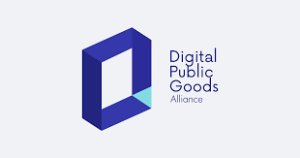 The Unified Energy Interface (UEI) project, powered by the open-source Beckn Protocol, allows users to search for nearby electric vehicle (EV) charging stations and make payments across various service providers. Companies such as Pulse Energy, Sheru, Turno, and Kazam participated in the UEI concept simulation, demonstrating various green energy use cases. The UEI interface permits users to search for all nearby EV charging stations based on their vehicle type and energy requirements. Customers can select their preferred charging station, choose the desired energy units, and pay for the service on this unified network.
The Unified Energy Interface (UEI) project, powered by the open-source Beckn Protocol, allows users to search for nearby electric vehicle (EV) charging stations and make payments across various service providers. Companies such as Pulse Energy, Sheru, Turno, and Kazam participated in the UEI concept simulation, demonstrating various green energy use cases. The UEI interface permits users to search for all nearby EV charging stations based on their vehicle type and energy requirements. Customers can select their preferred charging station, choose the desired energy units, and pay for the service on this unified network.
The UEI network allows users to place charging orders without downloading multiple charging company apps by integrating with platforms like WhatsApp and UPI apps. Pulse Energy, an EV charger aggregator, has partnered with ChargeZone and over 20 other charging providers, with plans to expand nationally. Similarly, Kazam, with nearly 200 charge point operators nationwide, aims to integrate its network into UEI.
During a demonstration to FIDE co-founder Nandan Nilekani, Pulse Energy collaborated with FIDE to create a community sandbox for UEI. Other EV startups like Kazam, Sheru, and Turno also participated in the demonstration. The project presents incentives for all participants, including distribution companies, energy startups, and power utilities. The UEI simulation explores accessing idle batteries on the UEI network, storing green energy generated from solar rooftops, and facilitating its supply into the grid.
Overall, the UEI project represents a collaborative effort to promote green energy adoption and streamline EV charging processes in India. By leveraging innovative solutions like the Beckn Protocol and UEI, the future of e-mobility looks promising, paving the way for a sustainable and efficient transportation ecosystem.




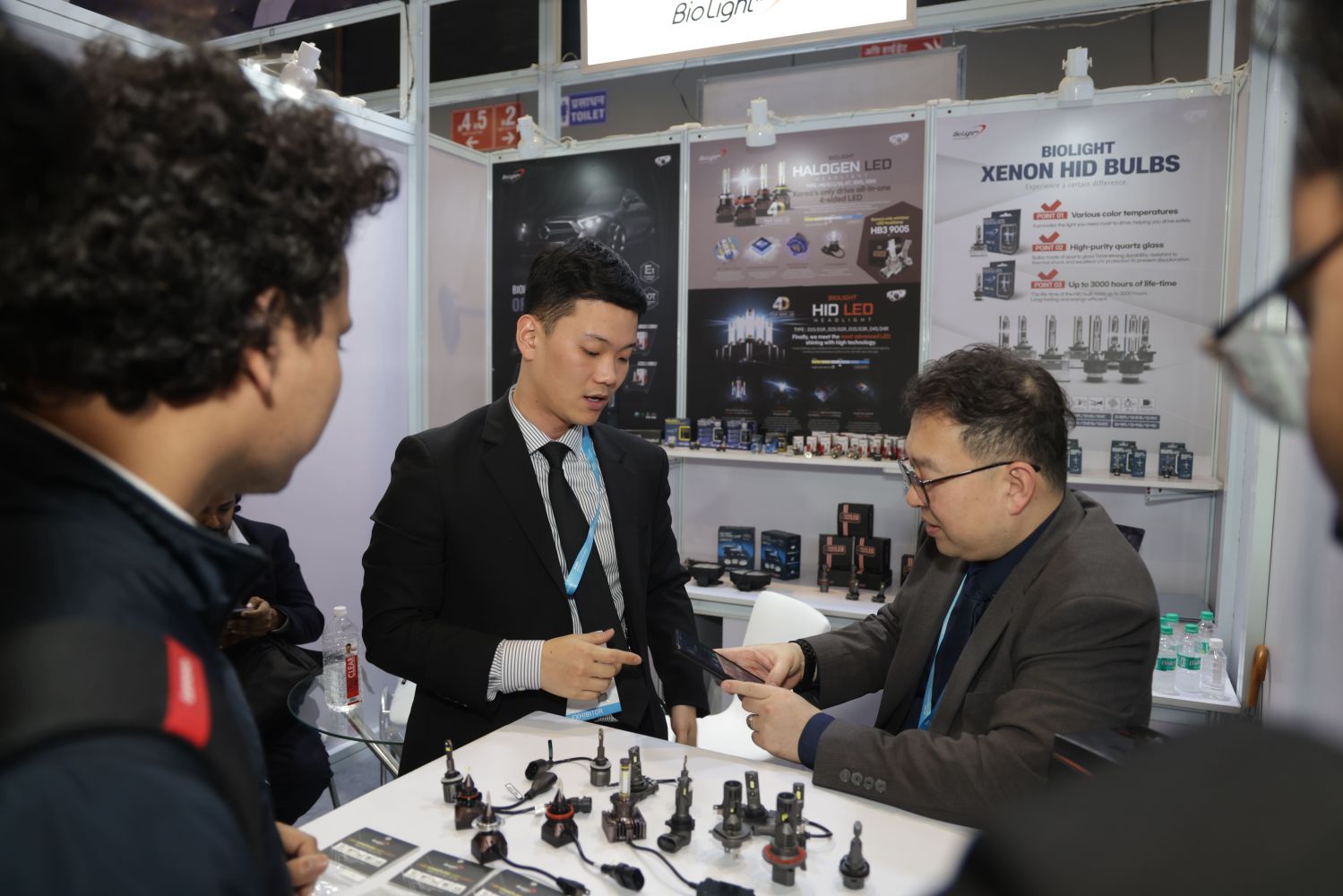
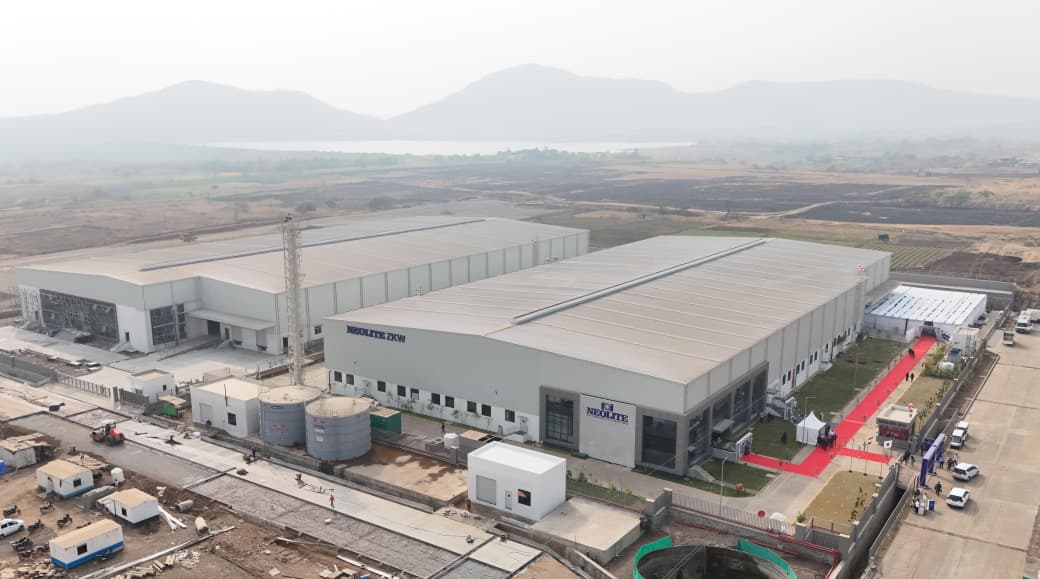
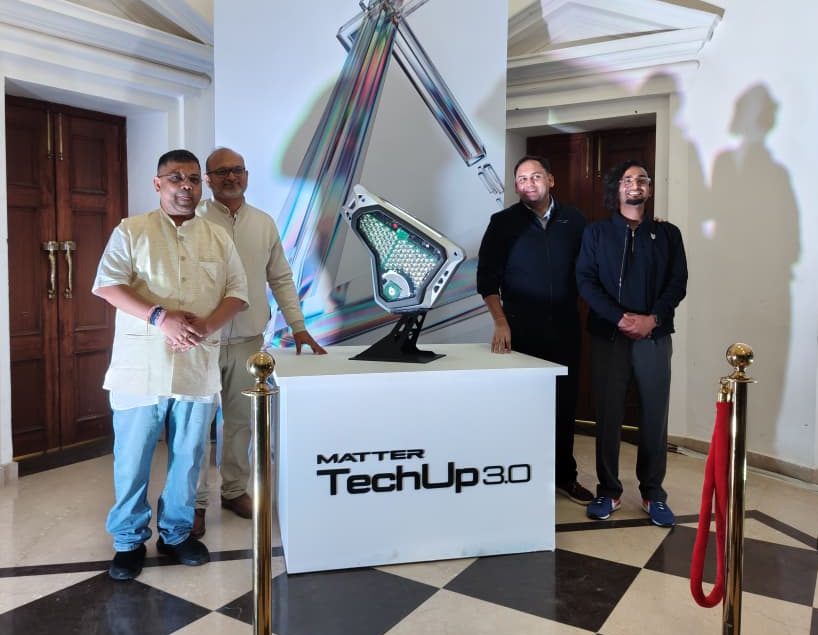
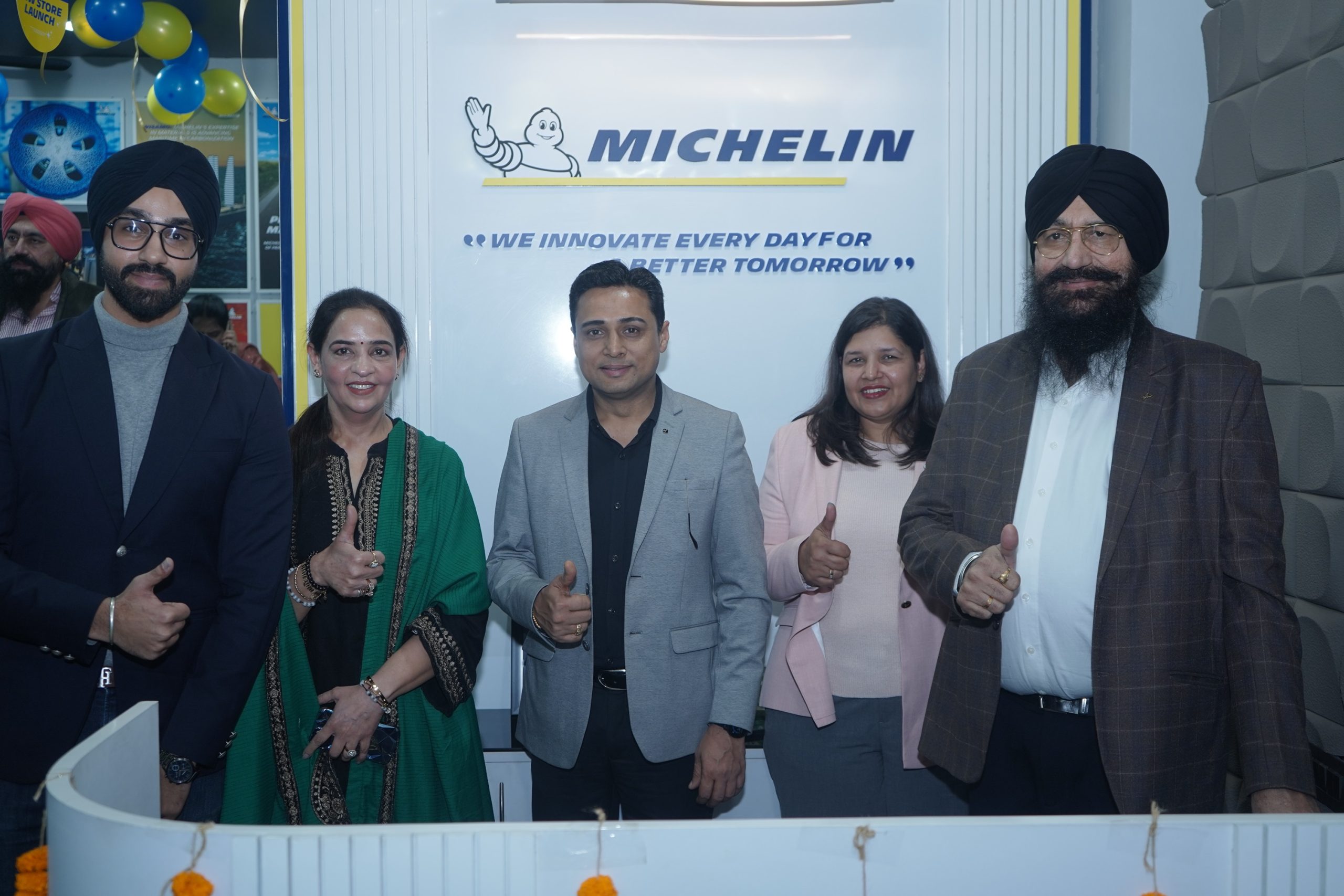
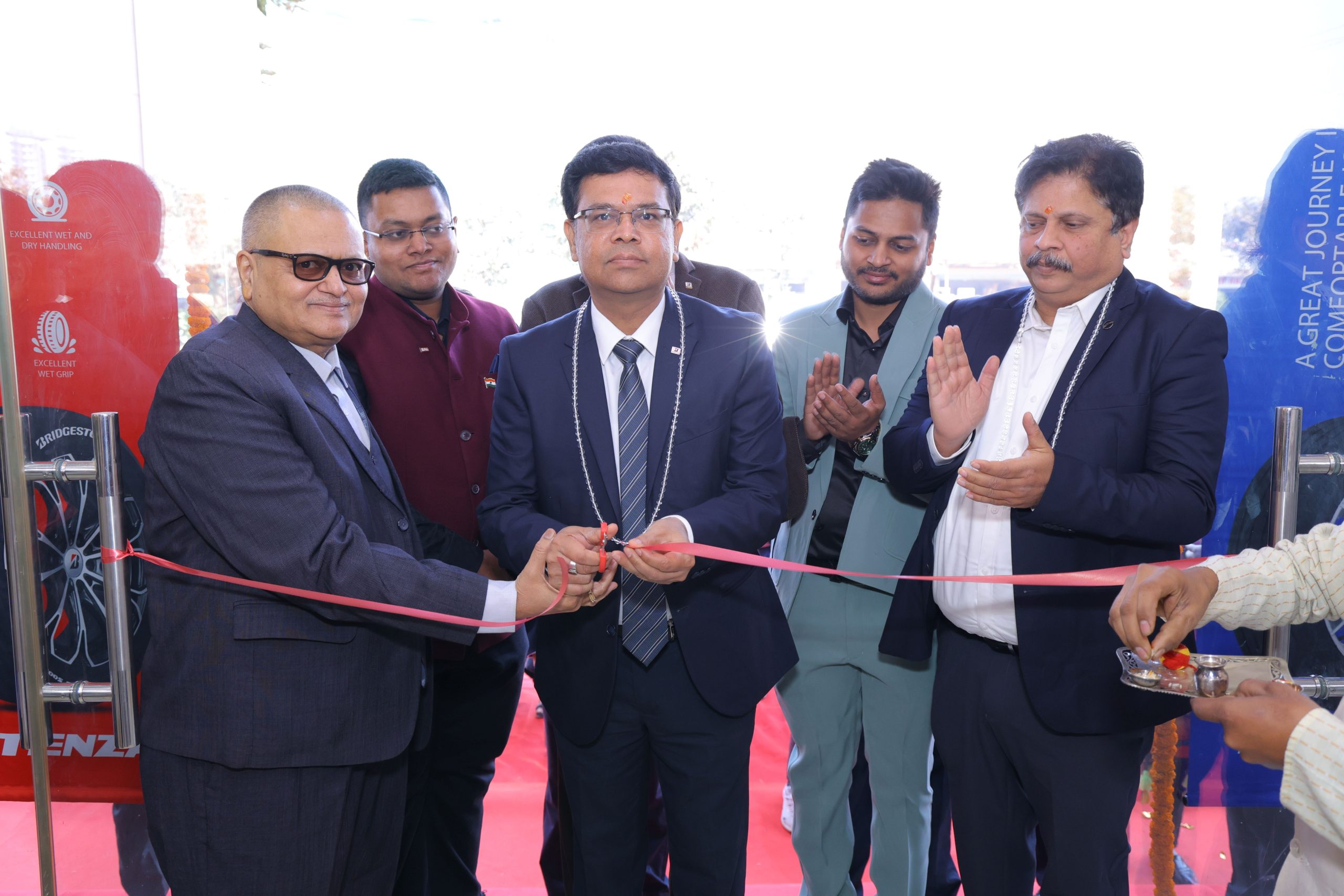




Leave a Reply